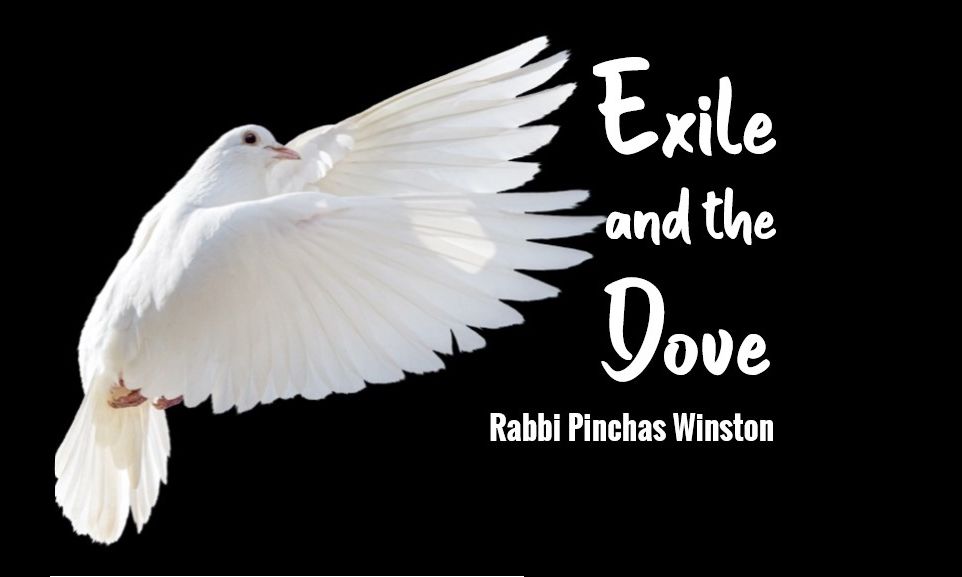
Exile and the Dove
Here, in Israel, we know we’re in exile. We can feel it. The worst exile is the one you don’t feel, for that means you’ve lost touch with Jewish destiny.

Inner Meaning of the Dove and the Olive Branch
He waited another seven days and again sent the yonah (dove) from the ark. The yonah came to him in the evening and behold, there was an olive leaf torn off in her mouth. (Bereishit 8:10)
Torn off … The Midrash explains this to mean “food,” and interprets “in her mouth” as speaking, i.e., she said, “Rather that my food be bitter as an olive but from the hand of G-d, than as sweet as honey from the hand of mortal men.” (Rashi)
It is not clear at first what the Midrash gains from offering this interpretation of a posuk that can be explained in simple terms. However, when it is understood that the yonah symbolizes the Jewish nation, as it says in the Talmud …
“What is unique about the yonah that Knesset Yisroel is compared to it, as it says, ‘Dove’s feathers plated with silver and her pinions with brilliant gold.’ (Tehillim 68:14)? Just as the dove is saved by its feathers, so is Yisroel saved only by its mitzvot.” (Shabbos 53b)
… Then the Midrash’s intention becomes clearer, as does its profound message to the Jewish people, especially when we find a deep connection between the yonah and Jewish exile such as this:
“He waited another seven days and again sent the yonah …”
“Into the exile of the Greeks who blackened the faces of the Jews.”
“The yonah came to him in the evening and behold,” there was an olive leaf torn off in her mouth.”
“Had not G-d enlightened the wise to light the candles with the oil of olive, the remainder of Yehudah would have been lost forever.”
“An olive leaf torn off in her mouth.”
“From the moment the leaf was plucked off in her mouth “twenty-five” was to dwell upon the Jewish people-the twenty-fifth of Kislev.” (Tikunei Zohar 13)
The Jewish people are like the dove
How are the Jewish people like the “dove”? When Noach was in the ark, the dove came to him with an olive branch. G-d said, “Just as the dove brought light to the world, so too will you (Jewish people) bring olive oil and light it before Me.” (Tanchuma Tetzaveh 5)
There are many statements that a Jew is expected to accept and repeat to himself often, such as, “All is for the good.” However, via the Midrash and the yonah, we can now add one more to that list, a statement that is, in the end, the very definition of what it means to be part of the Jewish people:
“Rather that my food be bitter as an olive but from the hand of G-d, than as sweet as honey from the hand of mortal men.”
Inherent in this statement is the belief that there is nothing better in life than a close relationship with G-d, something that is worth the sacrifice of the pleasantries of physical life. Inherent in this statement is the belief that physical pleasures are fleeting, as is physical life itself, and that this world will one day give way to a more spiritual, eternal world. Inherent in this belief is another one: it is worth waiting for that world.
If life in America has taught us anything at all, it is that you can be Jewish, even religious while “feeding” off the sweet food of mortal men. In the words of one Jew, “Jews have arrived!” We are considered as equals to our fellow Americans, be they Jewish or non-Jewish. Our level of comfort, even in religious circles, matches that of the rest of America; our salaries are enviable.
But such acceptance comes at a great price, and that is, a willingness to live life without an obvious involvement of G-d in one’s daily life. True, America is the only nation with G-d’s Name printed on its money. However, it is less famous for its Presence of G-d than it is for the money His Name appears on; people don’t emigrate to America in search of G-d!
Life in Eretz Yisroel is different, as many find out. The “food” here is not always what the food is like elsewhere, and that is why people don’t come here in pursuit of fine cuisine, or the five-star hotels, or even white-sand beaches. They come to visit the Wall, and even irreligious people can be caught stuffing notes into its ancient cracks, even faxing them from different lands to be inserted on their behalves.
Why don’t they simply put those petitions into the walls of their own homes, or of their synagogues where they live?
Israel’s Best Commodity
Because people know that Israel is most famous for one commodity, and it’s not Jaffa oranges; it is the Presence of the Almighty. Just about everyone seems to consider Israel to be G-d’s home, His unique palace, so-to-speak, in physical creation. At least temporarily, for the experience of it, they are prepared to eat less tasty “food” to receive it directly from His hand, to eat in His palace.
As someone who has lived on both sides of the ocean, I can say, it’s worth it to live this way permanently. Yes, perhaps, in many cases the “food” (a symbol for “making a living”) is better in America, and even more available, perhaps (“Did you see how much meat was in that butcher shop in …, and how nice it looked?)
Still, as a person who loves to experience Divine Providence on a daily basis, I have found that, though the physical aspect of American life is sweeter, it doesn’t quite “taste” as good as what I “consume” in Eretz Israel. Furthermore, here I find that I don’t feel like going to sleep at night because the air seems to be charged with life and spiritual vigor. All I feel like doing is working on being closer to G-d, spreading His Torah, and breathing in thousands of years of history.
I had a great life in America, but never that great.
And here, in Israel, you know we are in exile. You can feel it. You can see the world of the Jew in perspective, the political divisions and the religious backsliding in a glance. “But that’s exactly why I live in America …” you’ll tell me. I’ll counter with, “The worse kind of exile to be in is one you can no longer feel, for that means you have lost touch with Jewish destiny, and the awesome future it promises.”
When exile doesn’t hurt, then the need to seek out G-d disappears, and you know where that eventually leads; Parshiot Bechukotai and Ki Tavo deal with that. This is why we pray for the in-gathering of the exiles-three times a day, every day, in the Shemonah Esrai. People who don’t feel a pressing need to bring Mashiach are telling G-d, “Exile? You mean life is not ideal like this?”
I even wrote a whole book on this subject-Not So Bad?. Others have also written books. The most famous one of all is called the Torah. I can relate all kinds of stories of people who couldn’t love this land or want to live here because it lacked the physical comforts and securities of life in America. And I can tell you all kinds of stories of people who have made the journey here and have stayed, and about the miracles they experienced along their ways and every day since arriving.
However, this is only meant to be a short essay, a passing thought inspired by the sadness of the three weeks, and the anticipated dread of Tisha B’Av, which, incidentally, is supposed to make a Jew cry, and cry out, “When will it finally end? When will the Jewish people finally return to the land of Israel, and regain their position of glory as a ‘light unto the nations’? When will we finally get Divine permission to rebuild the Temple, once-and-for-all, and greet the face of Mashiach?”
The yonah knew the answer to this question, as does Knesset Yisroel – the name applied to the Jewish people when we reach our potential as the Children of Avraham, Yitzchak, and Yaakov: when we, as a people can regain the understanding and appreciation of who we are and what we are destined to become enough to be able to say with a complete heart:
“Rather that my food be bitter as an olive but from the hand of G-d, than as sweet as honey from the hand of mortal men.”
May we witness the transformation of Tisha B’Av from a day of intense mourning to one of profound joy. The truth is, for many of us here, the food from G-d’s hand seems to gets sweeter every day.
***
Pinchas Winston is the author of over 95 books on various topics that deal with current issues from a traditional Jewish perspective. He has also written on the weekly Torah reading since 1993, called “Perceptions”, as well as on current topics and trends affecting Jewish history, past and present. One of his missions is to make the depth and beauty of the more mystical teachings of Torah understandable and accessible to those who can really benefit from them. Visit his website at thirtysix.org.


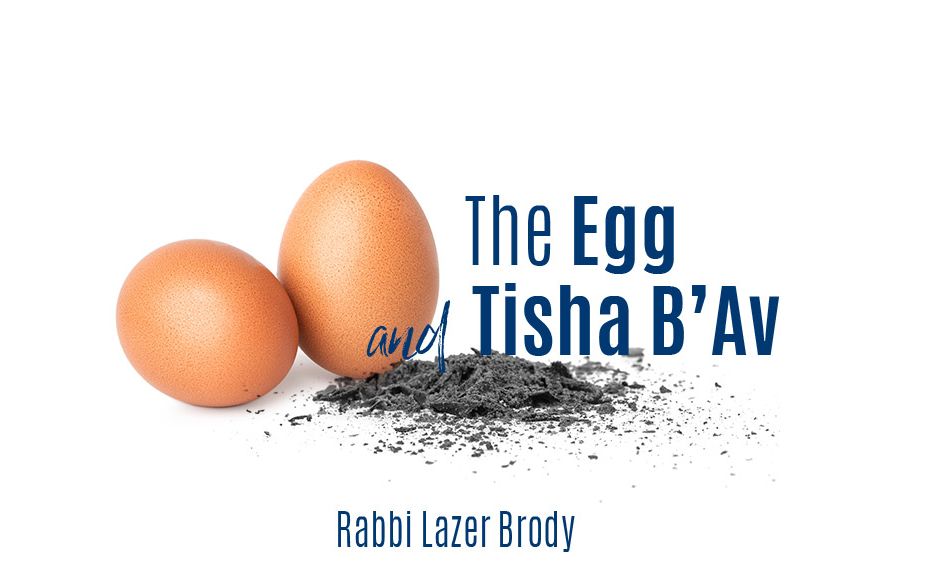
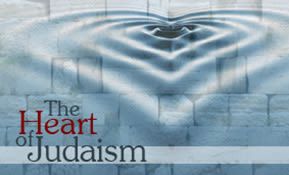

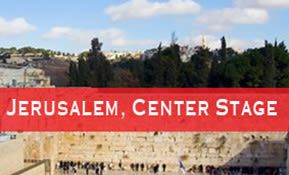
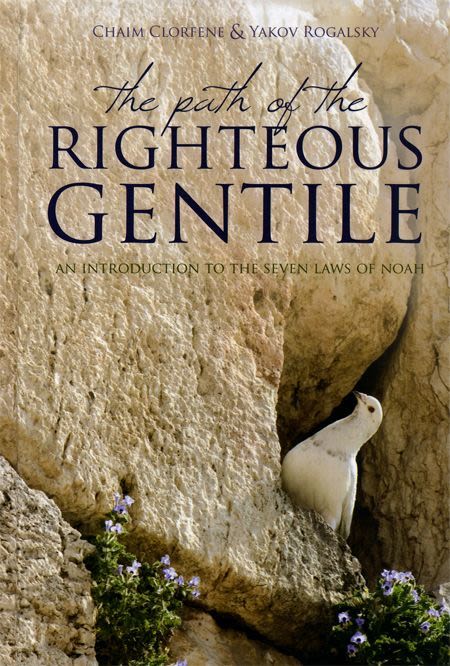
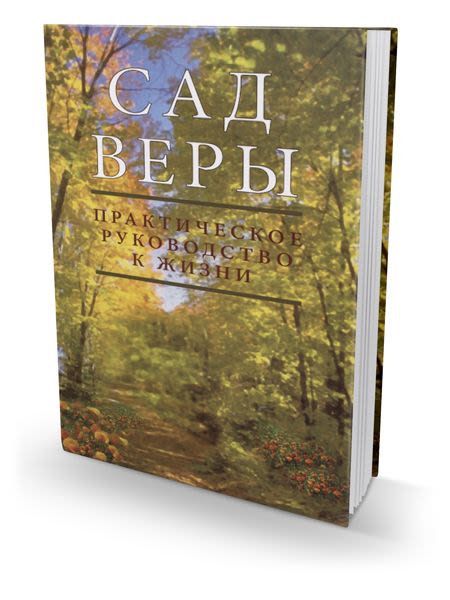
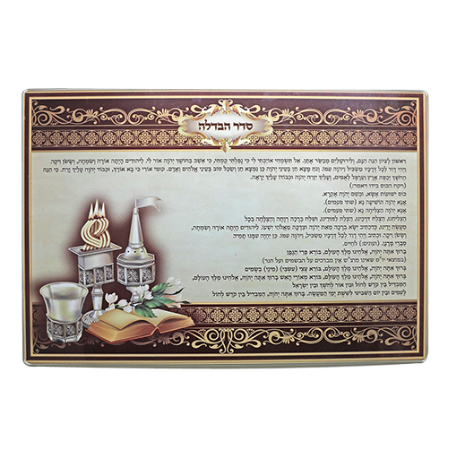
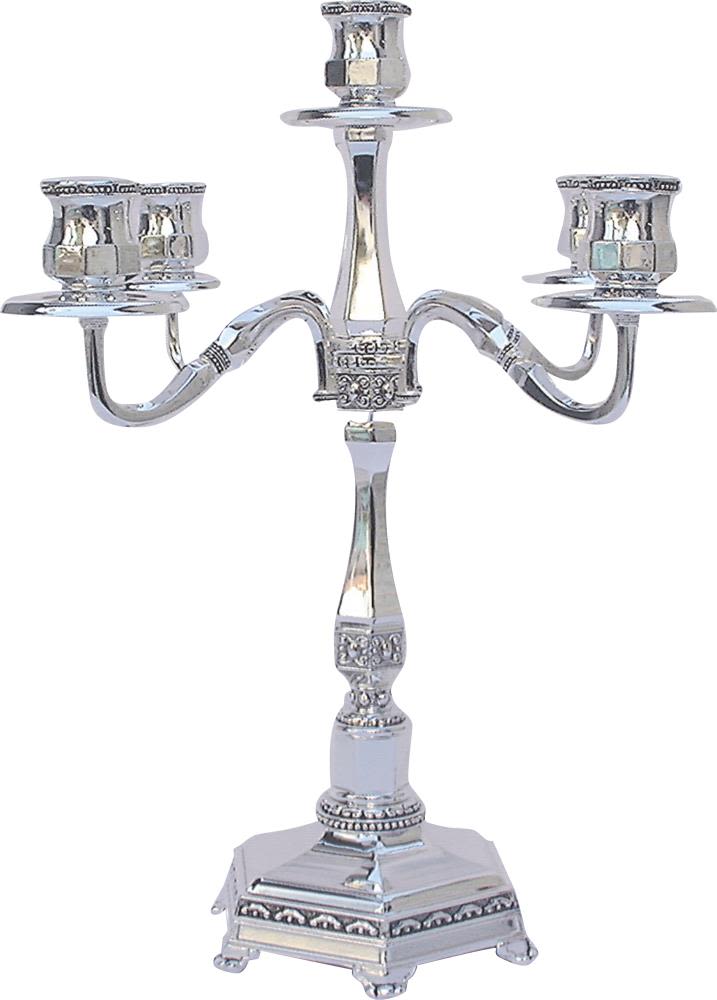
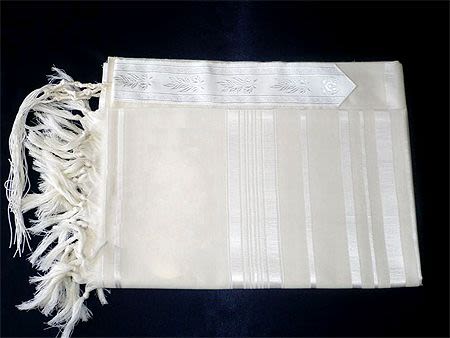

8/04/2022
I have Rav Winston’s book “Not So Bad?” – it’s incredible!!
The full title is “Not So Bad? A Better Understanding of What is Missing“.
Year in and year out Jews around the world observe the “Three Weeks” period of mourning, culminating in the fast of Tisha B’Av. It’s a dangerous time for Jews and several national tragedies have occurred during the Three Weeks. Why does that happen, and what does it have to do with us?
A MUST READ!